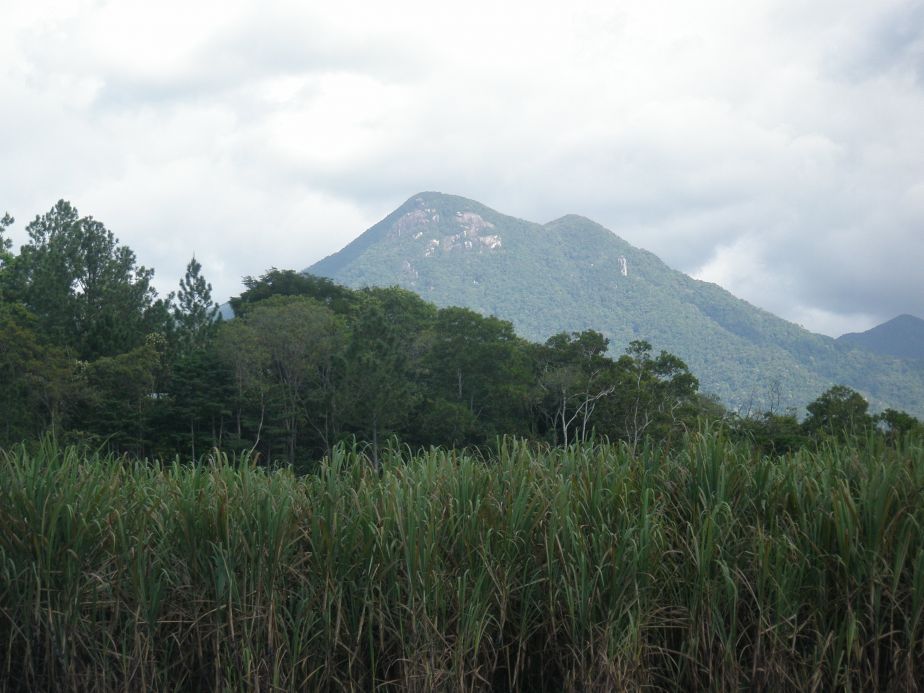Media Releases
Flies surprise in climate experiment

Researchers at James Cook University say experiments with hundreds of thousands of caged flies on mountainsides have shown the effects of climate change are more complex than first thought.
JCU’s Dr Megan Higgie, working with researchers from Bristol and Melbourne universities, said the team used tropical rainforest flies (Drosophila birchii) in the trial just published in the journal Global Change Biology.
“We use flies for logistical reasons, they are easier to work with than bigger animals and breed much faster. They are wild flies living in the forest and therefore the results are relevant to other wild species,” she said.
The scientists transferred flies in cages from one elevation to another along mountain slopes in Australia’s Wet Tropic rainforest and measured their reproductive success at the different elevations.
“Mountains are useful for simulating the effects of climate change because they show predictable changes in temperature and humidity with elevation - in general, sites at low elevations are warmer and drier than higher elevation sites.
If you transfer animals from the top of mountain to the bottom, then their new hotter and drier climate is similar to what they will experience in the future as predicted under climate change,” said Dr Higgie.
The scientists also monitored wild populations of the same tropical rainforest flies at the same locations, and came up with a surprising finding.
“Even though they came from the colder tops of the mountains, the reproductive success of the flies in cages was higher at the bottom of mountains where it is much hotter. This wasn’t expected as these mountain-top flies are thought to be adapted to colder temperatures.
But, it was different for the wild populations (same species of fly but not in a cage), they were actually less abundant at lower elevations, where flies in cages thrived,” said Dr Higgie.
The scientists deduced that, rather than hot temperatures limiting the mountain-top flies at the lower elevations, it was instead predators or competitors limiting their populations, while the caged flies remained protected from these.
Lead author Eleanor O’Brien from the University of Bristol (now at the University of Bath) said it’s an important observation, showing how factors other than temperature can have a big impact on how species cope under climate change scenarios.
“This result implies that other species, which were absent from the cages, limit the spread of D. birchii into warmer sites in nature.
This is important because species within an ecological community may respond differently to climate change, meaning the competitors, predators, pathogens and parasites that a given species encounters under the new climatic conditions may also change,” she said.
The scientists said that predicting how species will respond to the rapid climatic changes predicted this century is an urgent task.
“Understanding how interactions among species in ecological communities change as a consequence of climate change is critical, and will be a focus of our future work,” said Dr O’Brien.
Paper:
E. O’Brien et al. 2016. Testing for local adaptation and evolutionary potential along altitudinal gradients in rainforest Drosophila: beyond laboratory estimates. Global Change Biology. DOI 10.1111/gcb.13553
Paper available on request or from http://doi.wiley.com/10.1111/gcb.13553
Link to pictures: http://bit.ly/2iXxksX
Eleanor O’Brien
Email e.k.o'brien@bath.ac.uk
Mobile (UK) +44 782 739 5011
Megan Higgie
Email megan.higgie@jcu.edu.au
Ph 07 4781 5734
